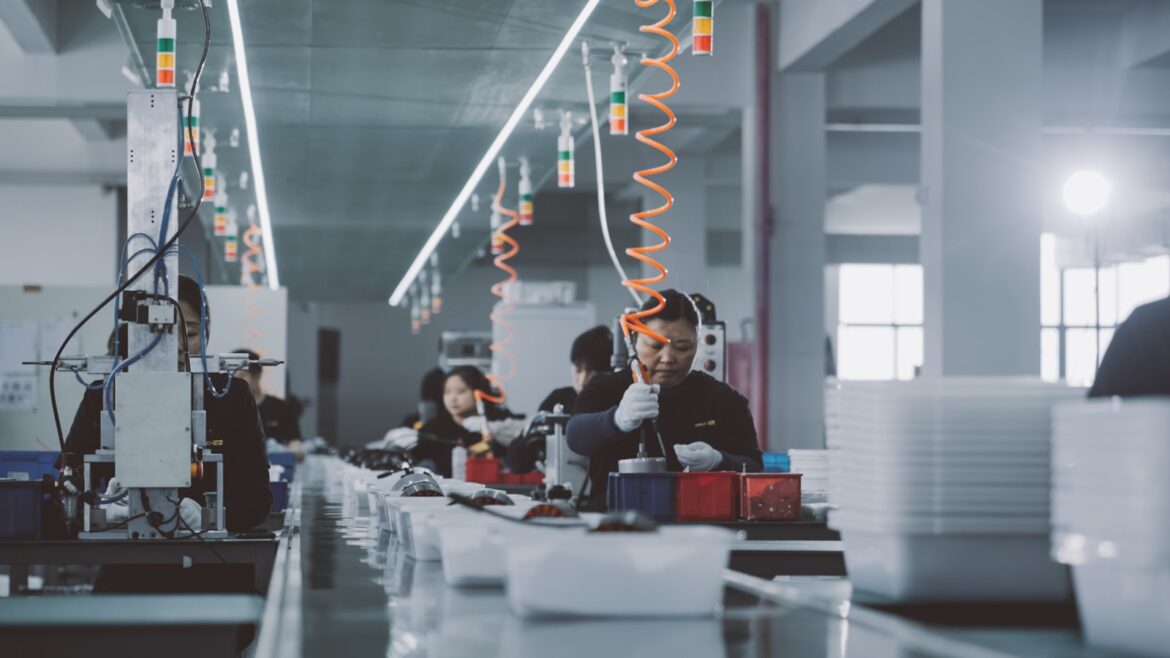The Evolution of Industry: Shaping the Modern World
The concept of industry, in its broadest sense, refers to the systematic production of goods and services within an economy. Its evolution has been pivotal in shaping modern societies, from the early days of handcrafting to today’s advanced technological systems.
The Industrial Revolution, which began in the late 18th century, marks a significant turning point. Originating in Britain, it introduced mechanized production methods, which drastically increased efficiency and output. The advent of steam engines, spinning jennies, and mechanized looms transformed agriculture, textiles, and manufacturing sectors. This period also saw the rise of factories, which centralized production and created urban jobs, leading to rapid city growth and significant social changes.
In the 20th century, the focus shifted to automation and information technology. The introduction of assembly lines, pioneered by Henry Ford, revolutionized manufacturing by allowing mass production of goods at lower costs. This era also saw the development of computers and automation, which streamlined processes and introduced new possibilities in production efficiency.
Today, the industry is characterized by its embrace of digital technologies and sustainability. The rise of Industry 4.0 integrates cyber-physical systems, IoT (Internet of Things), and artificial intelligence into production processes. These technologies enable smart factories that optimize operations through real-time data and predictive analytics. Concurrently, there’s a growing emphasis on sustainable practices as industries strive to reduce their carbon footprint and embrace green technologies.
The trajectory of industry demonstrates an ongoing quest for innovation and efficiency. As we advance further into the 21st century, the fusion of technology and sustainability will likely drive the next wave of industrial transformation, shaping the future of global economies and societies.

